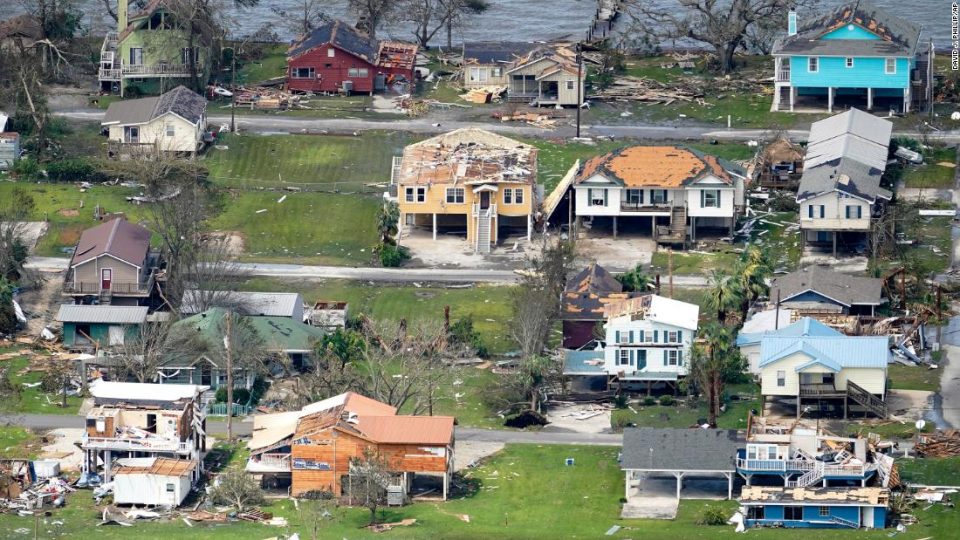Katrina would become one of the most devastating storms in the history of the United States. Now, as we pause in remembrance of the lives lost and forever changed as a result of Hurricane Katrina and Hurricane Rita, which hit just a month later, Louisiana has once again been ravaged by a major storm. Its impacts are compounded by the ongoing pandemic, which has already devastated our communities and upended so many of our lives.
Meteorologists and local leaders are trying to warn us of the unimaginable as we face extraordinary threats to our homes and livelihoods. Unfortunately, we know that the communities hit hardest in every disaster — our underserved, poor, and rural populations — will be most deeply impacted by this storm as well. Let us take the necessary steps to prioritize their recovery as we rebuild.
As Gov. Edwards and his team transition from the immediate disaster response to distributing recovery dollars, we must ensure that we do a better job of investing in the frontline leadership of our community-based organizations and in a more just and vibrant future for our coastal communities. In addition to coordinating watershed and regional resources, we need to have a consistent strategy to address systems of inequality. We cannot leave out our residents in rural communities or our residents living in poverty.
At a time when the US is facing hundreds of active wildfires, devastating storms, record temperatures and a global pandemic, investing in climate justice is more critical than ever. Given adequate resources, most people can deal with and adapt to crisis scenarios — whether they be pandemics or natural disasters, acute or chronic calamities. Our communities are resilient, but we must provide proactive recovery and equitable access to uplift people during times of emergency as well as in the everyday times.
This is a transformative moment in our history. We must invest in leadership to get to long-term structural change required for this generational challenge. The future of humanity depends on it.


